Nighttime illumination plays an essential role in regulating your sleep hormones. Exposure to bright light in the evening can disrupt melatonin production, making it harder for you to fall asleep. If you're using screens before bed, you might be delaying melatonin release even more, which complicates your sleep cycle. Opting for dimmer, warmer lighting can help mitigate these effects. Additionally, maintaining a consistent sleep schedule and ensuring a dark sleep environment promotes better melatonin regulation. Understanding how nighttime light affects your body can greatly improve your sleep quality and overall well-being, so stick around for more insights on this topic.
Impact of Light on Circadian Rhythms
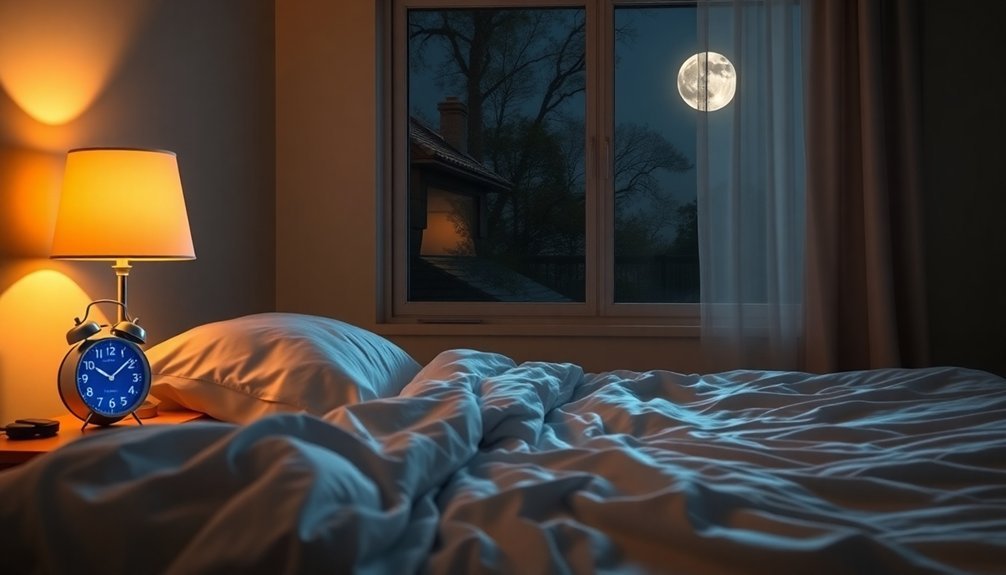
The impact of light on your circadian rhythms is profound and can greatly alter your sleep patterns. Light exposure, especially in the evening, can shift your body's internal clock, pushing your sleep time up to two hours later. If you encounter bright light just before bed, it may cause you to feel wide awake when you should be winding down.
Conversely, morning light has the opposite effect, helping to advance your circadian rhythms and making it easier to rise early, shifting your wake-up time about an hour earlier.
You may not realize that your circadian pacemaker responds most acutely to light during these times, rendering your rhythm vulnerable to disturbances. Even dim light during sleep can negatively affect melatonin production, reducing its secretion by over 50%. This reduction in melatonin levels can lead to increased insulin resistance, impacting metabolic health significantly.
These disruptions won't just alter when you feel sleepy; they can impact your metabolism and overall well-being too.
Understanding the timing and intensity of light exposure is essential in managing your sleep health. By aligning your light intake throughout the day with your natural circadian rhythms, you can foster better sleep and feel more energized.
Role of Melatonin in Sleep
While you sleep, melatonin plays an essential role in regulating your sleep-wake cycle. Secreted by the pineal gland, melatonin levels rise in response to darkness, guided by the suprachiasmatic nucleus (SCN) in your hypothalamus. This synchronization guarantees your internal clock aligns with the 24-hour environmental day-night cycle. Melatonin levels also decrease with age, contributing to sleep disturbances in older adults.
Light exposure, especially bright lights in the evening, can inhibit melatonin production, making it harder for you to fall asleep.
As melatonin levels increase, usually about two hours before your bedtime, your body becomes more inclined to sleep. It reduces wake-promoting signals and promotes feelings of fatigue, opening what's called the "sleep gate." Melatonin acts on specific receptors, primarily MT1 and MT2, in the SCN, enhancing your ability to rest.
With age, melatonin production naturally decreases, impacting your sleep patterns. This is why older adults often experience insomnia or disrupted sleep.
Melatonin therapy can be a helpful tool for addressing such conditions, improving sleep onset, quality, and overall well-being, making it an essential hormone for achieving restorative sleep.
Effects of Different Light Types
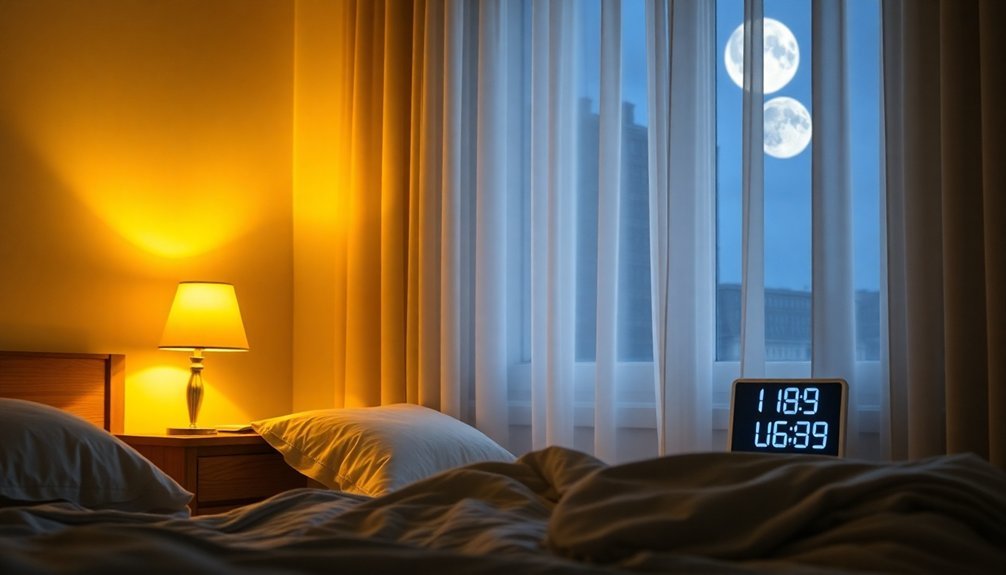
Light plays an essential role in influencing your sleep quality and timing. Daylight, with its intensity of up to 10,000 lux, greatly regulates your circadian rhythms and boosts your sleep quality at night. Morning sunlight exposure is vital for setting your biological clock, helping maintain a stable sleep-wake cycle. Without adequate natural light during the day, your sleep patterns can become disrupted. Additionally, exposure to only natural light throughout the day can help maintain a healthy circadian rhythm.
In contrast, artificial light, particularly from office sources, can negatively affect your sleep quality. Even low levels of artificial light from lamps or night lights can hinder melatonin secretion, causing difficulties in falling asleep. The wavelength of the light matters too; blue light emitted by LEDs and electronic devices is particularly disruptive. It delays melatonin release, shifting your circadian rhythm and making it harder to drift off.
On the other hand, red light is less likely to interfere with your melatonin production. Using dim red lights for nighttime tasks can create a more sleep-friendly environment, promoting relaxation as you prepare for rest.
Choosing the right light type can have a considerable impact on your sleep hormones and overall sleep health.
Health Risks From Nighttime Light
Exposure to artificial light at night can lead to considerable health risks that extend far beyond just impacting your sleep quality. When you're exposed to blue light, it suppresses melatonin production and disrupts your internal body clock, affecting your sleep patterns. Even dim light can considerably alter melatonin levels, making it harder for you to drift off peacefully.
If you're looking at screens for just two hours, it can reduce melatonin by around 23%, and adolescents can see even higher suppression levels.
Nighttime light exposure doesn't just mess with your sleep; it also increases your risk of serious conditions like cardiovascular diseases and metabolic disorders. Studies show a 43% rise in cerebrovascular disease risk with outdoor light exposure, while bright lights can lead to increased heart rates and high blood pressure.
Furthermore, it's linked to a greater likelihood of obesity, particularly if you fall asleep with the TV on. The cumulative stress of poor sleep quality from nighttime lighting can impact your mental health, leading to increased risks of depression and cognitive impairments.
Keeping your nights dark is essential for your long-term wellbeing.
Strategies for Better Sleep Hygiene
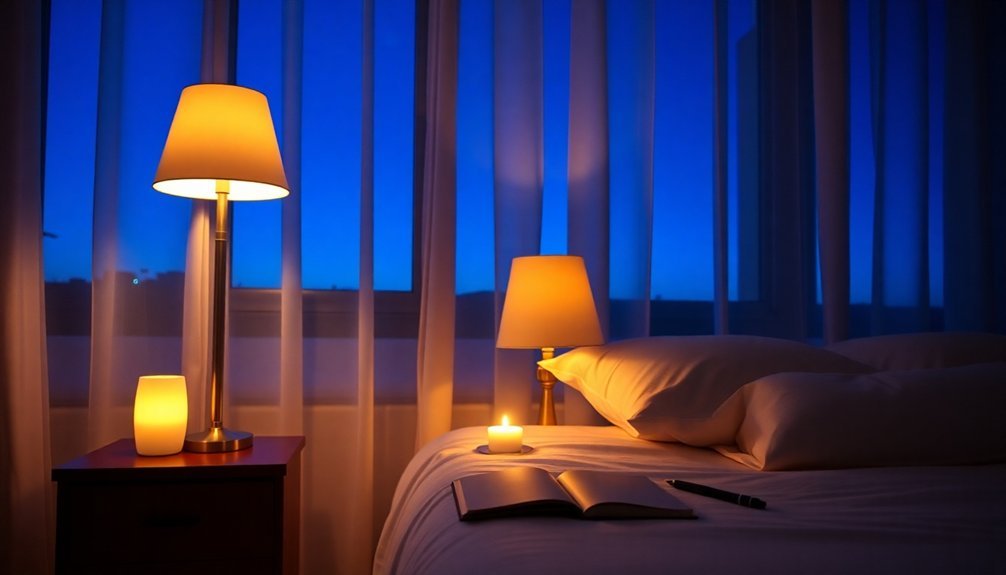
To improve your sleep hygiene, it's essential to adopt a few key strategies consistently. Sticking to a regular sleep schedule is important. Go to bed and get up at the same time every day, even on weekends. This regular rhythm helps your body feel better and enhances sleep quality.
Here's a quick reference to optimize your practices:
| Strategy | Action |
|---|---|
| Consistent Sleep Schedule | Go to bed and wake up at the same time |
| Optimize Sleep Environment | Keep it dark, quiet, and comfortable |
| Avoid Stimulants | Steer clear of caffeine, nicotine, and alcohol |
| Promote Relaxation | Engage in calming activities before bed |
Ensure your bedroom is dark and set at a comfortable temperature for a restful night. Keep it free from distractions, and remember to avoid stimulants at least four hours before you sleep. Reserve your bed for sleeping and intimacy, establishing a strong mental association with relaxation. If you struggle to sleep, get out of bed and engage in low-light activities until you feel tired. By applying these strategies, you can greatly improve your sleep hygiene and overall well-being.
Frequently Asked Questions
How Does Light Exposure During Sleep Affect Dream Quality?
Light exposure during sleep disrupts your sleep cycles, causing fragmented rest and reducing time spent in deep sleep. This can lead to more vivid dreams but also leaves you feeling less rested and alert the next day.
Can Wearing Eye Masks Enhance Melatonin Production During Sleep?
Wearing eye masks can enhance melatonin production during sleep by blocking out light. When your eyes perceive darkness, they signal the pineal gland to produce more melatonin, helping you fall asleep faster and achieve deeper rest.
What Role Does Temperature Play in Light's Effect on Sleep Hormones?
Temperature greatly impacts your body's response to light regarding sleep hormones. As temperatures drop, melatonin levels rise, aiding sleep. Avoiding high temperatures can enhance melatonin production, ensuring a more restful night's sleep and maintaining your circadian rhythm.
How Do Indoor Plants Influence Nighttime Light Exposure and Sleep?
Indoor plants enhance your sleep environment by purifying air and removing pollutants. They thrive on balanced light, ensuring ideal growth while contributing to better air quality, which promotes restful sleep and a healthier atmosphere in your bedroom.
Does Nighttime Noise Impact the Effectiveness of Sleep Hormone Regulation?
Yes, nighttime noise disrupts your sleep hormone regulation by elevating cortisol and adrenaline levels. This stress response interferes with melatonin production, leading to fragmented sleep, decreased quality, and ultimately impacting your overall health and well-being.
In Summary
In summary, understanding how nighttime illumination affects your sleep hormones is vital for better rest. By managing light exposure, especially before bedtime, you can support your circadian rhythms and melatonin production. Remember that different light types have varying impacts, so choose wisely. With a few simple strategies to enhance your sleep hygiene, you can enjoy deeper, more restorative sleep. Prioritizing your sleep can lead to improved health and well-being, so take action today!
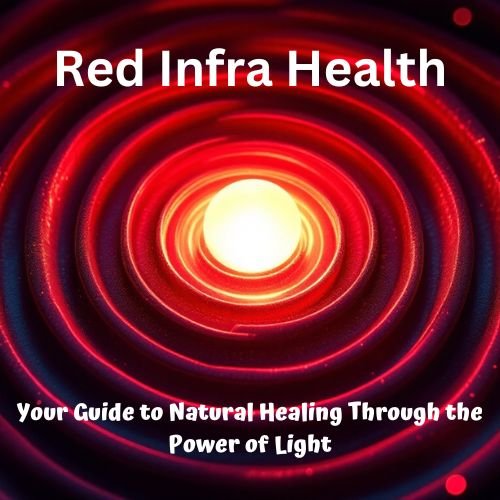
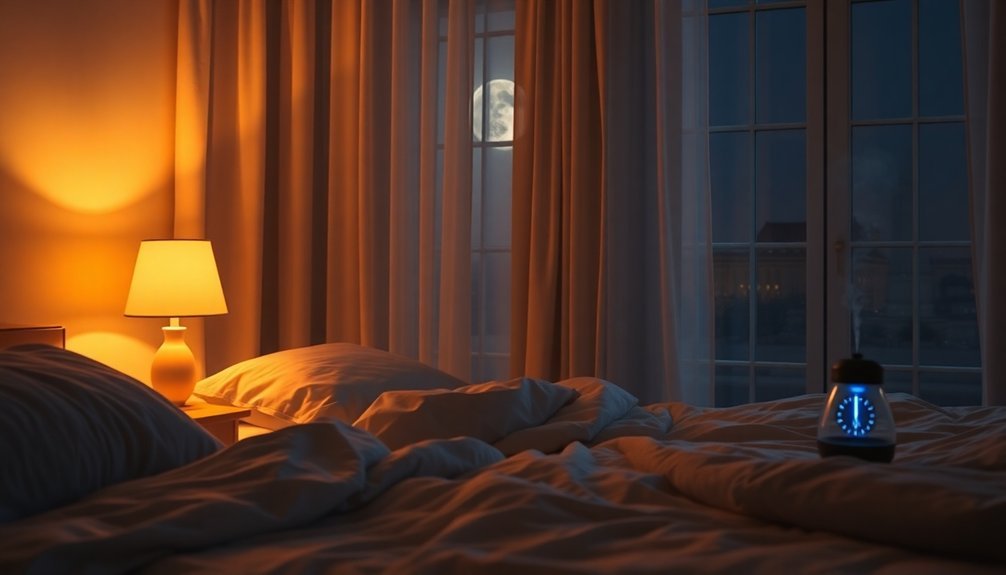

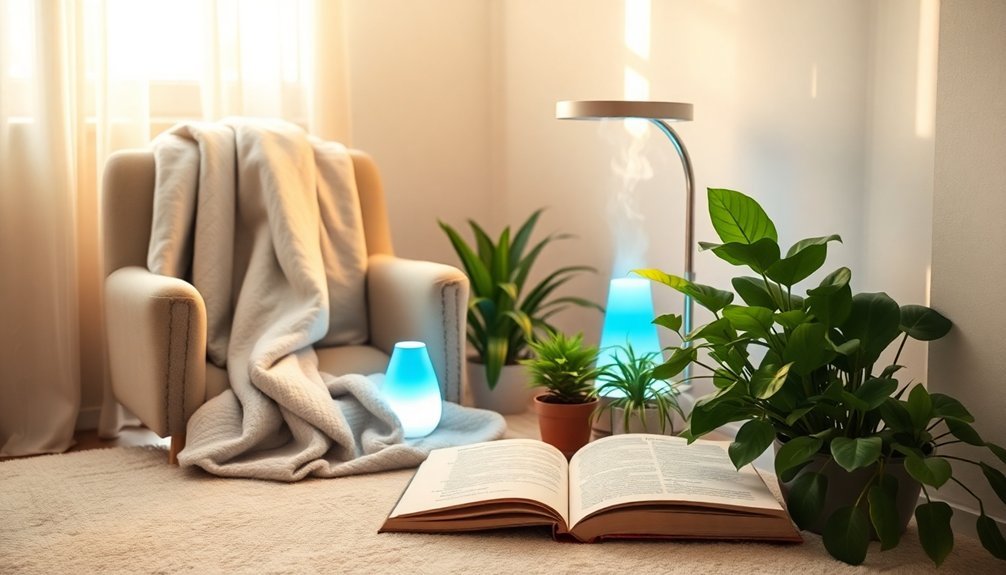
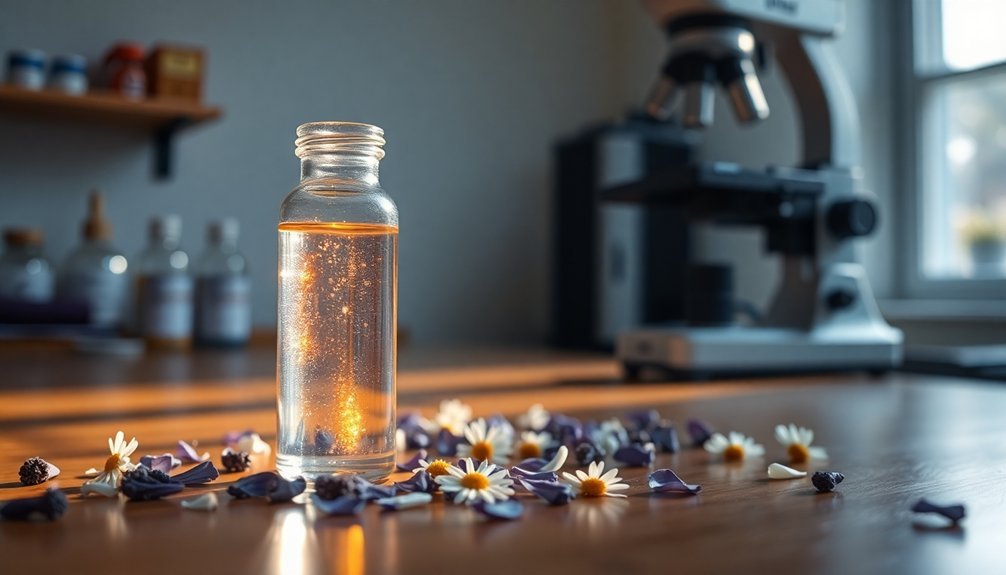
Leave a Reply